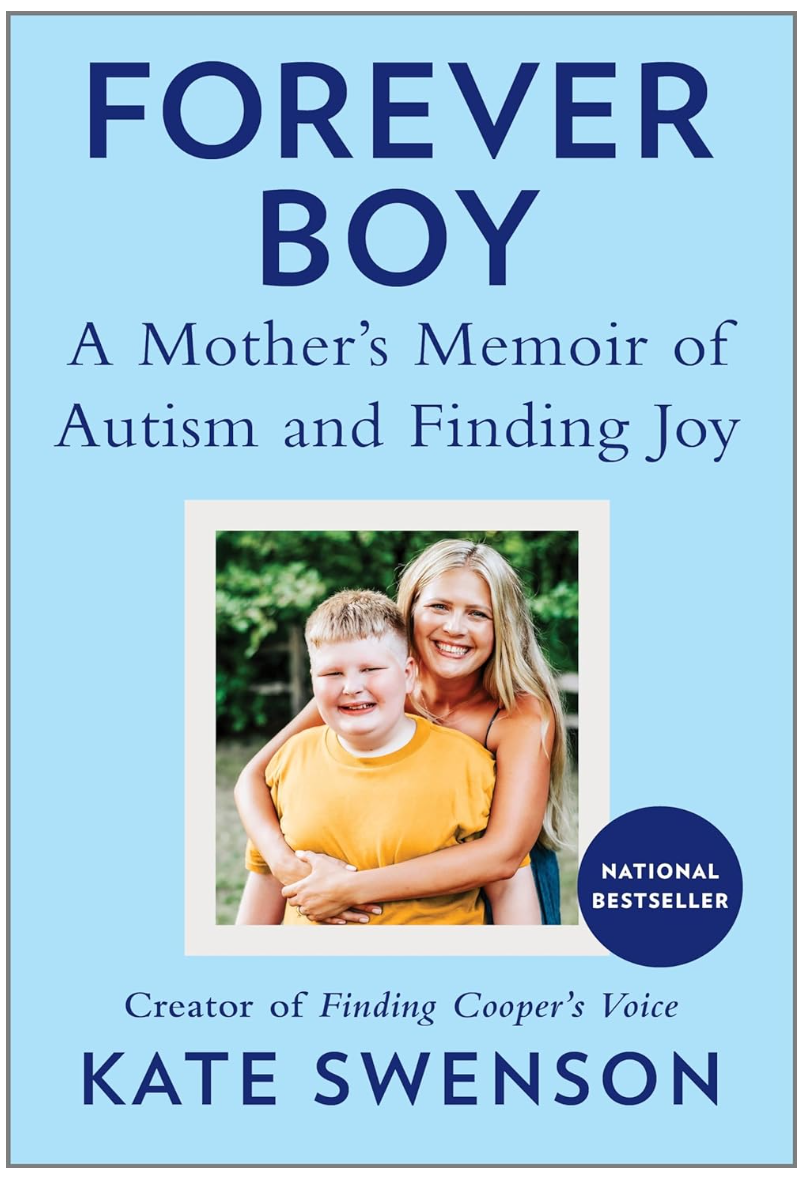Five Things I Wish I Knew Before An Autism Diagnosis
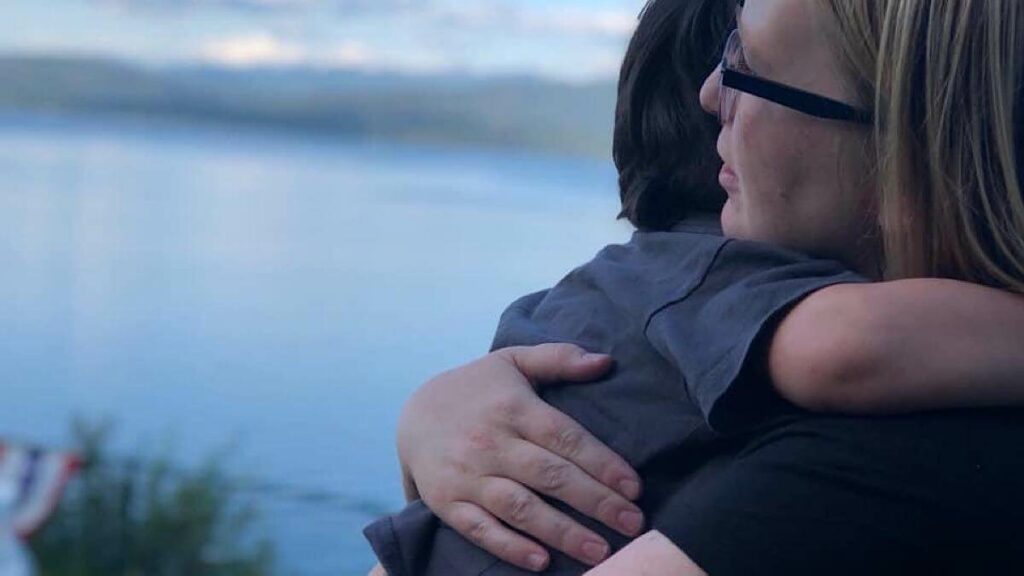
If you are new to this autism journey and are wondering how to process all the information out there, here are some things I wish I had known while going through the process.
All autism characteristics do not all fit into a checklist.
Many of the early signs of autism we recognized later in our son as he got older did not fit into the standard website search.
Our son, at an early age, loved anything round.
He carried around balls, round fruit, played with practically anything in the form of a circle. We did not recognize this as fixated interest. When you think of an interest in something like a favorite cartoon or favorite animal, you don’t look back and think our two-year-old likes anything that is round. Currently, he is in love with anything dinosaur, which is much easier to pinpoint.
Also, he loved to throw items behind his back in a scooping motion. We did not recognize this as something that would be considered stimming. The word “stimming” refers to self-stimulating behaviors, usually involving repetitive movements or sounds. The most common stimming question listed on checklists is, does your child rock, flap, or otherwise “stim,” often as a way to calm themselves? He still does this when he navigates any challenging changes in his schedule or any disruption in his daily life.
It can be hard to navigate online checklists with autism as it is a wild spectrum of characteristics often looking different in each child.
If any of your children have autism, that does not mean they all will.
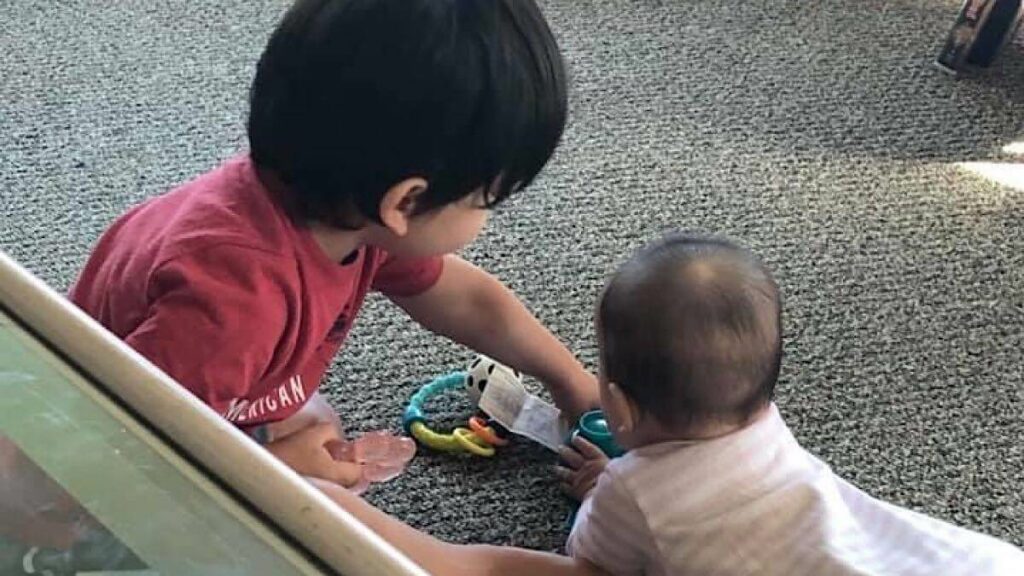
Our son was our first child, so we continue to watch for any autism signs in our daughter. We do not know if his sister, who was born before getting his autism diagnosis, will also be diagnosed. Families can have neurotypical children and autistic children. The research on autism genetics is being developed, and maybe we will have more answers in the future regarding genes.
Also, signs in girls can often look much different them autism signs in boys. Boys exhibit what some refer to as “classic autism” signs, and girls are better at masking some of the social issues that boys have.
An autism diagnosis changes the family dynamic.
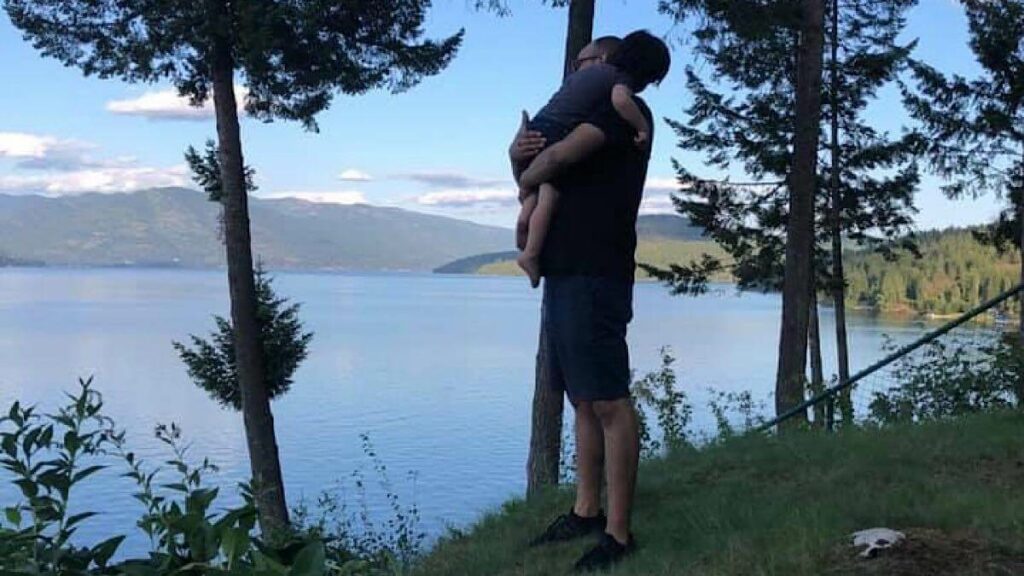
There are added layers to a household before and after an autism diagnosis. Not only does the family as a whole navigate therapies, providers, outings, and routines, but the public is often vocal about how you should parent your children.
It also gives a beautiful close connection often without needing words to fill the room. As we navigate the emotions, scheduled, and missed events, we also bond with each other. We watch in awe understanding tiny shifts that other families would overlook.
Our son is an amazing, beautiful soul. He looks at a leaf with such wonder and closeness that I have never seen from someone before. When he was a toddler, we went to a Chinese restaurant with some family members and he was so fascinated with the sticky rice the whole family watched him explore it.
As we learn and watch the shifts, we are connected in a profound way.
Ride the tides of these changes.
Not all providers will fit with your child.
You can obtain services before your child’s diagnosis with early intervention or other agencies. When looking for a provider for services, some agencies let you have a couple “get to know you” sessions to see if it is a good match for your child. Other agencies assign you someone, and that is who you get. That doesn’t mean that if it isn’t a good fit, you can’t advocate for someone else.
Not all people who work with special needs children match the dynamic of your child. We have had amazing people who connect with our son the first time they met him. We have also had providers that our son struggles to even walk into a room. We usually give it some time, and he eventually warms up to them.
If it is not a good fit, speak up, and advocate for someone who works for you and your child. If they are struggling to connect the entire session, it could affect your child’s progress.
Find your tribe.
This process is scary, lonely and can feel like a mountain of worries. There are others out there going through this process too. You can find other parents who have children who were just diagnosed.
I have met some of the most amazing people throughout this process. I would have never met friends from across the country and in other countries who opened their life to me without autism. They have built me up and helped me find my footing throughout this process.
You don’t have to walk this path alone.
Reach out to family, friends, and join some groups online. There are local autism groups that sometimes hold in-person meetups or online groups where you can zoom.
You will get through this!!
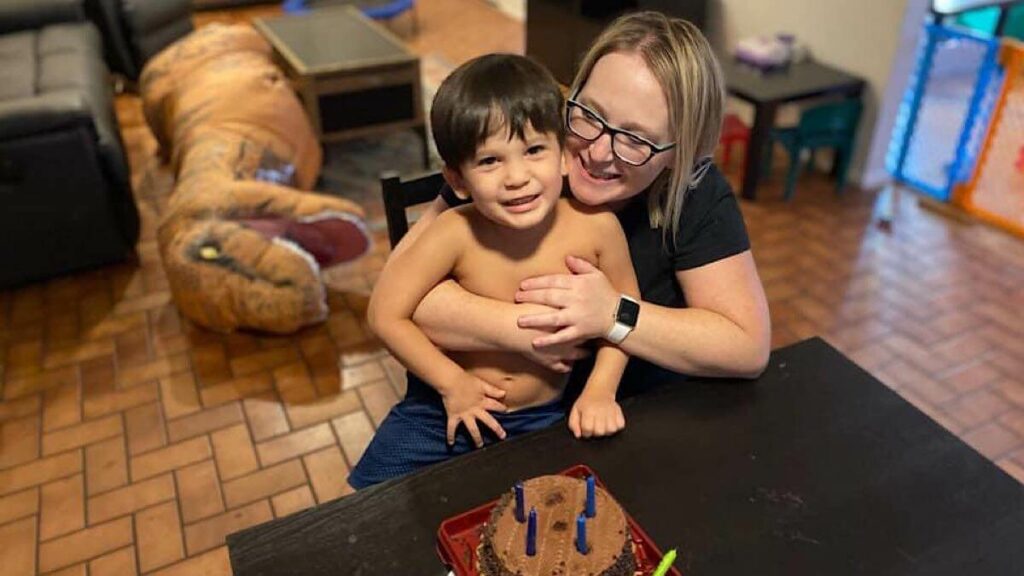
Written by, Tabitha Cabrera
Tabitha Cabrera, lives in Arizona with her husband, and two beautiful children. She works as an Attorney and enjoys spending her time in a public service role. The family loves nature and ventures outdoors as much possible. Come check out her little nature babies. She writes about their autism journey at peaceofautism.com, also on Facebook and Instagram.
Interested in writing for Finding Cooper’s Voice? LEARN MORE
Finding Cooper’s Voice is a safe, humorous, caring and honest place where you can celebrate the unique challenges of parenting a special needs child. Because you’re never alone in the struggles you face. And once you find your people, your allies, your village….all the challenges and struggles will seem just a little bit easier. Welcome to our journey. You can also follow us on Facebook, subscribe for exclusive videos, and subscribe to our newsletter.

